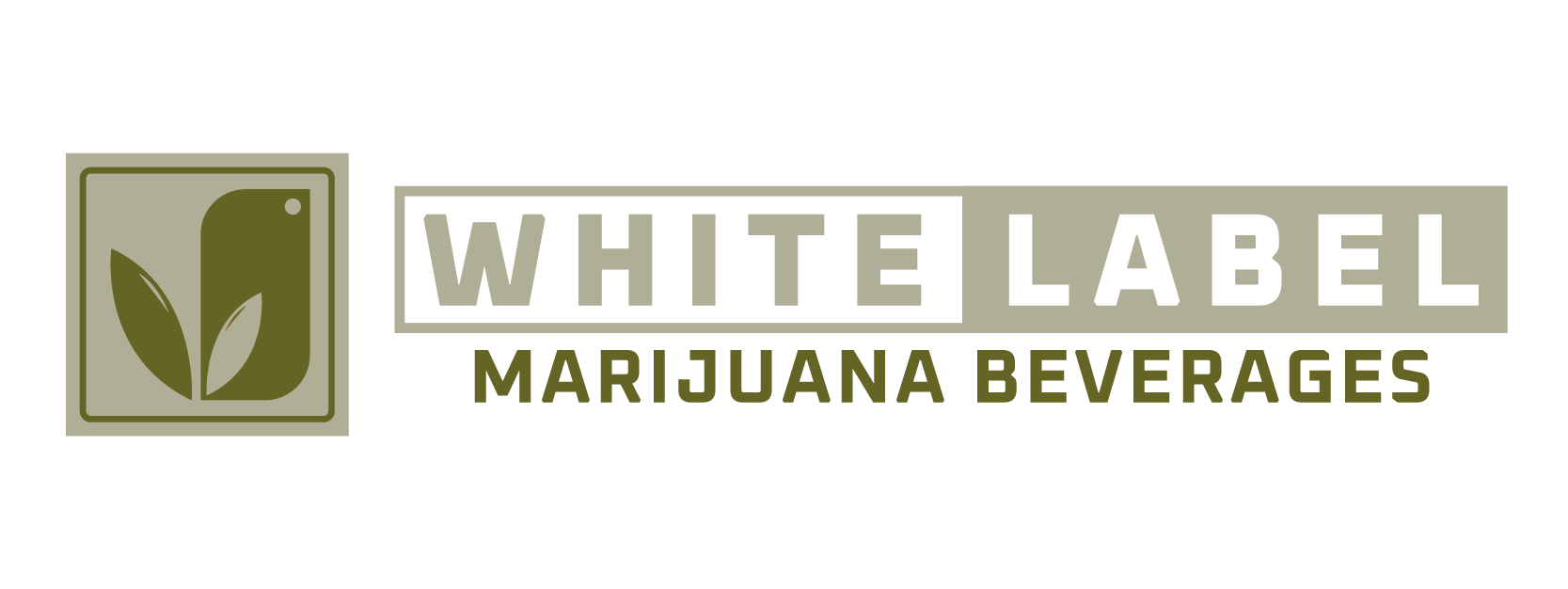Celebrity and influencer partnerships are playing an increasingly prominent role in the evolution of cannabis-infused drinks. By bringing together pop culture, wellness trends, and the growing acceptance of cannabis, these collaborations are not just marketing flares—they are helping shift consumer habits, regulatory perceptions, and competitive landscapes.
One of the clearest examples is Cann, a leading cannabis-infused (social) tonic brand. Co-founded by Luke Anderson and Jake Bullock, Cann has attracted investment and advocacy from celebrities like Gwyneth Paltrow, Rebel Wilson, Baron Davis, Ruby Rose, Darren Criss, and others. Their involvement is not merely cosmetic: Cann had sold over 2 million units by 2020. Meanwhile, in California, data from the cannabis analytics firm Headset shows that Cann outsales many traditional cannabis brands by almost 30-to-1. The celeb-backed brand’s monthly sales have reached figures considerably above what many non-celebrity brands pull in.
Another case in point: Houseplant, the company co-founded by Seth Rogen and Mike Mohr, has widened its product scope to include THC infused sparkling water in multiple flavors. By doing so, it taps into consumers who want alternatives to smoking—something cleaner, more controlled, more familiar—and positions itself as both lifestyle brand and cannabis brand.
Impact on the Industry & Product Market
- Normalization and Broader Acceptance
Celebrity partnerships help move cannabis drinks from the fringes toward the mainstream. When well-known figures invest in or promote these products, they help reduce stigma. Cann, for example, positions itself partly as an “alcohol alternative,” appealing to drinkers seeking social experiences without alcohol’s side effects. Influencers also serve an educational role, helping to demystify dosage, effects, and legal/regulatory responsibilities. - Market Differentiation & Competitive Edge
Celebrity brands tend to outperform traditional ones in certain legal cannabis markets. Data from Headset reveals that several celebrity-backed brands had significantly higher sales, even though their products often price lower than the average for “traditional” cannabis offerings. This edge comes from built-in audience, heightened media interest, better storytelling, and often more attractive design and packaging. - Product Innovation and Consumer Variety
With celeb/influencer input comes innovation: lower-dose beverages, sparkling waters, wellness-oriented drinks, social tonics, infused seltzers. These options help reach both experienced cannabis consumers and newcomers who might be reluctant to try inhalable or strong edibles. - Regulatory & Ethical Challenges
However, leveraging celebrity influence in cannabis drinks is not without risk. Because cannabis remains heavily regulated (both at state and sometimes federal levels), marketing rules are complex. Influencer promotions must navigate advertising laws, disclosure requirements from agencies like the FTC, and regulations specific to cannabis in each jurisdiction. There are also issues of authenticity: if a celebrity is perceived as just “endorsing for money,” consumers may distrust the product or brand. On the flip side, missteps can also lead to public backlash or compliance issues. - Shifts in Retail & Distribution
Because of celebrity buzz, consumer demand can accelerate distribution. Products associated with well-known names are more likely to be noticed by retailers, sometimes securing better shelf placement. Celebrities can drive activations, promotional events, meet-and-greets at dispensaries or pop-ups, which draw foot traffic.
Takeaway
Overall, celebrity and influencer partnerships are proving to be a key accelerator for the cannabis beverage category. They help to open doors: to consumers, retailers, and even regulators. But they also raise the stakes. For brands to succeed, it’s not enough to simply attach a famous name—they must ensure quality, transparency, compliance, and authenticity.
As legalization progresses in more places, and as consumer interest in alternatives to traditional alcohol and inhalables grows, these partnerships may well define which cannabis drinks survive and scale. For journalists, bloggers, and marketers alike, watching how celebrity energy, regulatory frameworks, and consumer preferences interact in this space will be essential.
